Scout: The bar saying no to waste
Alan Sherwood, from the East London bar serving up a sustainable drinks menu made solely from British-sourced ingredients, talks shop
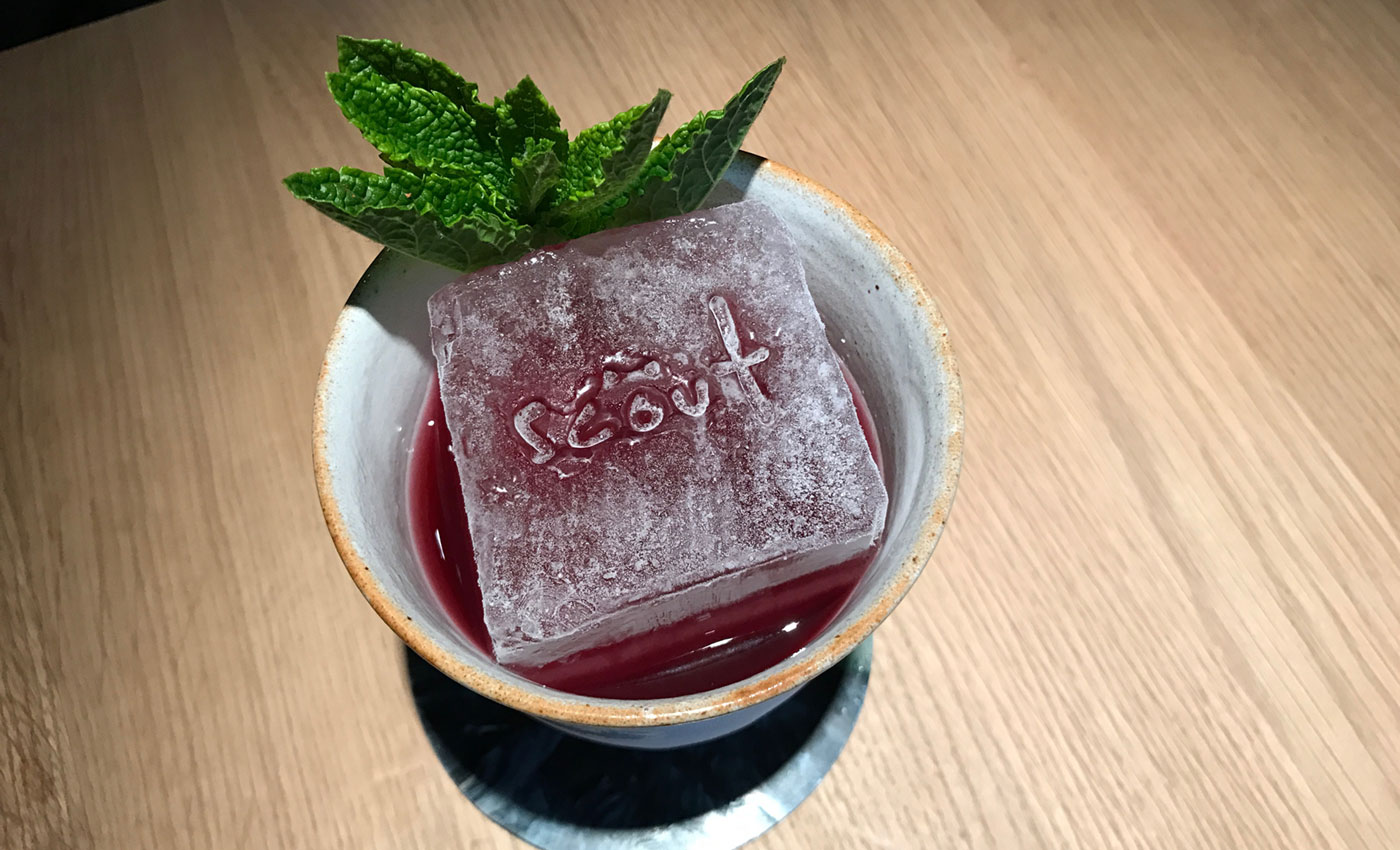
A free daily email with the biggest news stories of the day – and the best features from TheWeek.com
You are now subscribed
Your newsletter sign-up was successful
We don't want to do weird just for the sake of it – we only want things that are delicious. If you look at how we approach things, it's more like the way a chef works in a kitchen than a conventional bar. I haven't come across anyone else working in this way, which is nice, but it's also a shame. We only use produce grown in the UK and the closer to London, the better. There is so much great stuff here. All of the drinks, wines and cocktails that we make in-house are made from the fruit, vegetables and herbs grown locally. So, that means no citrus and no tropical fruits, which may seem restrictive for a cocktail bar, but we rarely miss those things.
We work based on the seasons and what they offer in terms of produce, and we ferment a lot of things. It's a form of preservation that allows you to have something later when it's not in season, so you can still keep those flavours going in a different way. Fermenting is a very interesting process. We ferment dry until there is no sugar at all. Wine and beer tend to have a small amount of residual sugar in them and that gives them balance, otherwise you end up with just acidity and aroma more than flavour. One of our first ferments was with strawberries. They're very high in sugar and when you take that away, they stop tasting like strawberries. When we blend and clarify them in the centrifuge in our lab, it spins like a fancy, really fast washing machine and separates things based on density – we get a clarified, crystal-clear juice, which has no sugar in it. It smells like strawberries, but it doesn’t taste like them. Once you put a bit of sugar back in, suddenly it tastes like strawberries again. The same happens with ferments. If you run them until there is no residual sugar, they taste very odd. You have to try them without it, add sugar and see what the variants are. We experiment a lot.
We recently fermented some of this year's second-class strawberries and created our most alcoholic ferment so far – around 20 per cent – which is high for something that has not been distilled, fortified or freeze-clarified. We use second-class fruit because we don't need it to look good if we're going to ferment it. And if we weren't using that fruit, it might just go to waste.
The Week
Escape your echo chamber. Get the facts behind the news, plus analysis from multiple perspectives.

Sign up for The Week's Free Newsletters
From our morning news briefing to a weekly Good News Newsletter, get the best of The Week delivered directly to your inbox.
From our morning news briefing to a weekly Good News Newsletter, get the best of The Week delivered directly to your inbox.
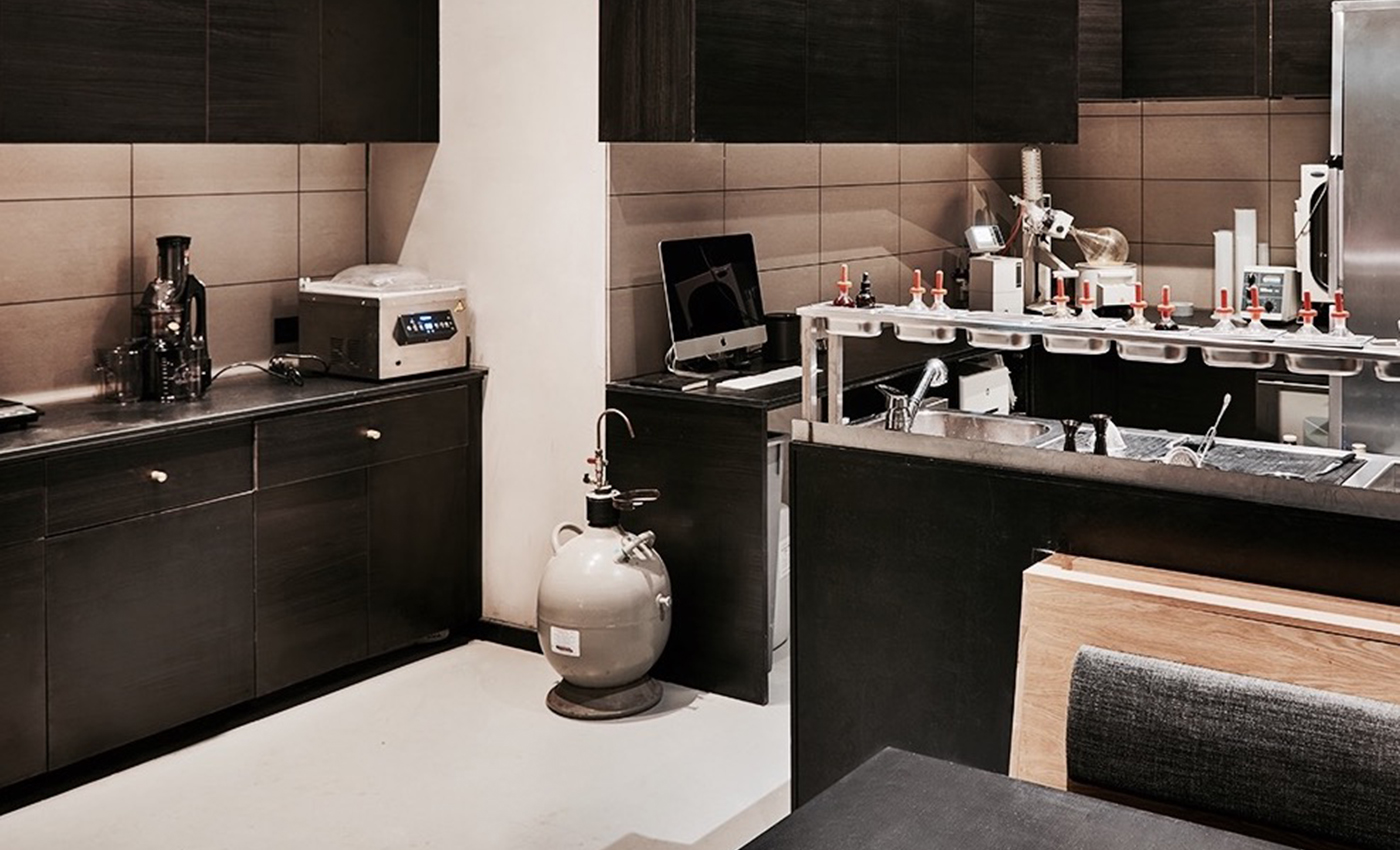
We want to make stuff that's approachable, and we want to make delicious drinks out of things people may not have heard of. There are limits because we don't have certain produce, but those limits only exist if you try to stick to the constraints of traditional cocktails. We looked at alternatives to citrus and tropical fruit. We have a lemon tree in the lab, but it's very small, only a few fruits on it, not enough for what a bar would normally use. We have used its leaves to make a tincture and its blossoms to make a scent, both of which we can use in the bar. But we've found ingredients that would have otherwise been forgotten. Things like gorse flower, woodruff, thundercloud plum cherries, chuckleberries – they have wonderful names, but they're all forgotten, rural English plants. We do stock traditional things too though, we have a wine list, we make our own beer and we have whiskies, gins and the odd bottle of bourbon on hand. There are things that are inevitable, flavours and ingredients we need to buy in, otherwise it'd be too restrictive. But we're looking at alternatives all the time.
While we operate on a zero waste, or 'closed-loop' basis, in practice it is mostly impossible to have no waste at all. You can only use so many ingredients so many times before they have nothing left to give. We serve food in the bar and what we can't use in drinks, we use in food and vice versa. For example, some cocktails need egg whites, but the yolks would normally be thrown away. Instead, we use them in our food, including our own mayonnaise. Any spare leftover whites we make into meringues. It's such an obvious thing. And that's what we realised when we started: there's a lot of stuff that could be done, that wasn't being done, it just takes some experimenting. Sometimes it doesn't work – fermenting walnuts, for instance, or papaya, which produces too much methanol to be used safely when fermented – but we're constantly learning and trying things.

As well as using second-class and locally grown produce, we also forage for a lot of our ingredients. We work with chefs and foragers and also collect things ourselves – sometimes we just take pictures and send them off to people we work with to check if it's usable. If we're in any doubt though, we tend to avoid. On the menu at the moment is a drink made of five kinds of blossom, which members of the team all foraged from around London; there's also a drink made with knotweed, which we juiced after a chef brought it to us.
There are times when I think a drink would be amazing with ingredients from elsewhere. I miss bananas, and there's no alternative but at the same time I'm enjoying not having these things too. The idea is to celebrate what we can grow here and the growers working here. We don't need asparagus when it's not in season, we don't need grapefruits; we can make drinks without them. There's a lot of amazing produce here by people who do a great job with it. It's not producing an excessive carbon footprint and it's not going to harm the environment. So, aside from bananas, I don't miss anything.
A free daily email with the biggest news stories of the day – and the best features from TheWeek.com
ALAN SHERWOOD is manager of Scout, he previously ran the lab at London bar Peg & Patriot, experimenting with ingredients and techniques. Scout, which only serves British produce in its drinks and food, is a new bar by Matt Whiley, also known for Peg & Patriot, Whistling Stop and Purl, as well as his consultancy work; scout.bar
-
 Magazine solutions - February 27, 2026
Magazine solutions - February 27, 2026Puzzle and Quizzes Magazine solutions - February 27, 2026
-
 Magazine printables - February 27, 2026
Magazine printables - February 27, 2026Puzzle and Quizzes Magazine printables - February 27, 2026
-
 ‘The forces he united still shape the Democratic Party’
‘The forces he united still shape the Democratic Party’Instant Opinion Opinion, comment and editorials of the day
-
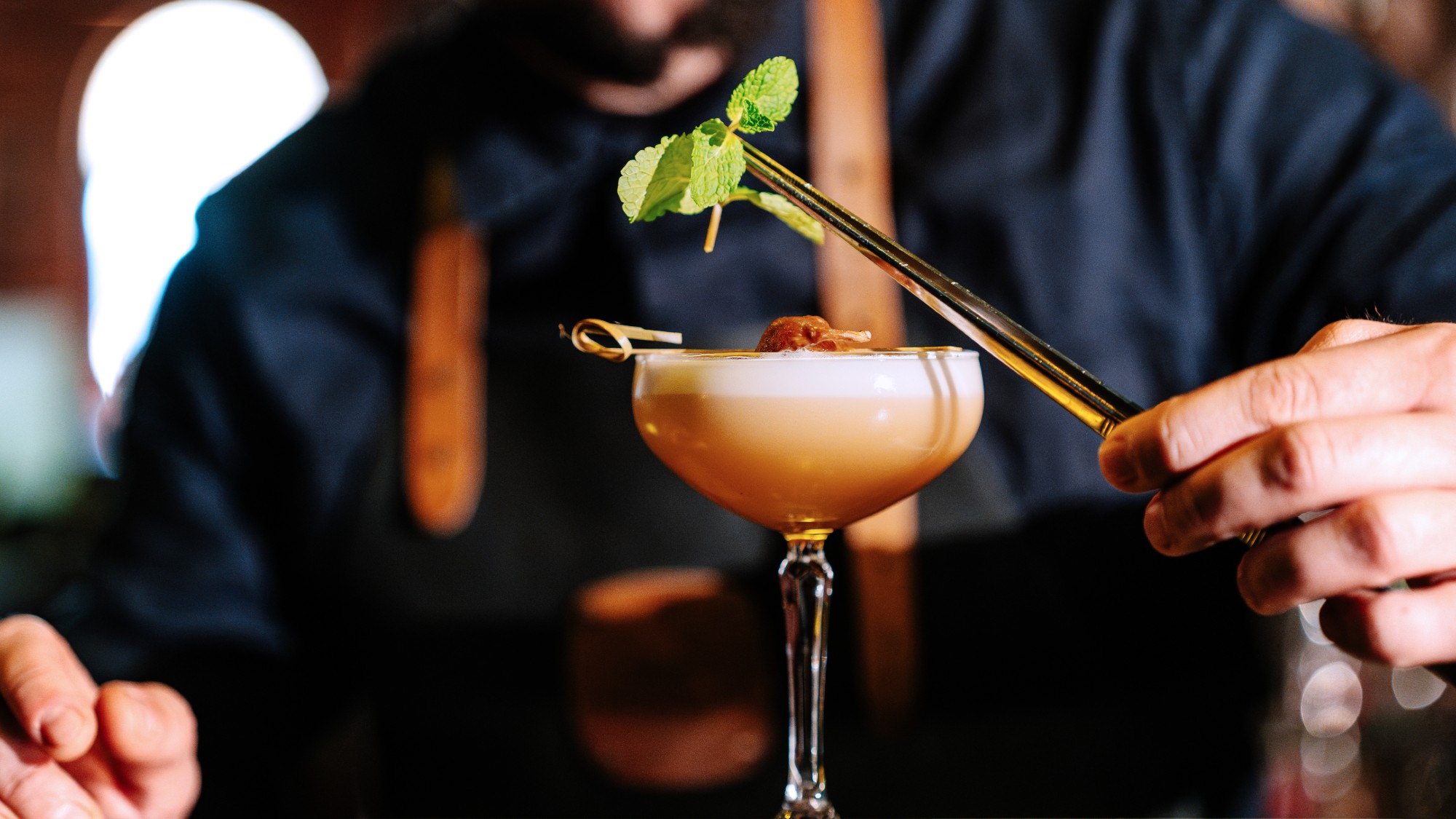 7 bars with comforting cocktails and great hospitality
7 bars with comforting cocktails and great hospitalitythe week recommends Winter is a fine time for going out and drinking up
-
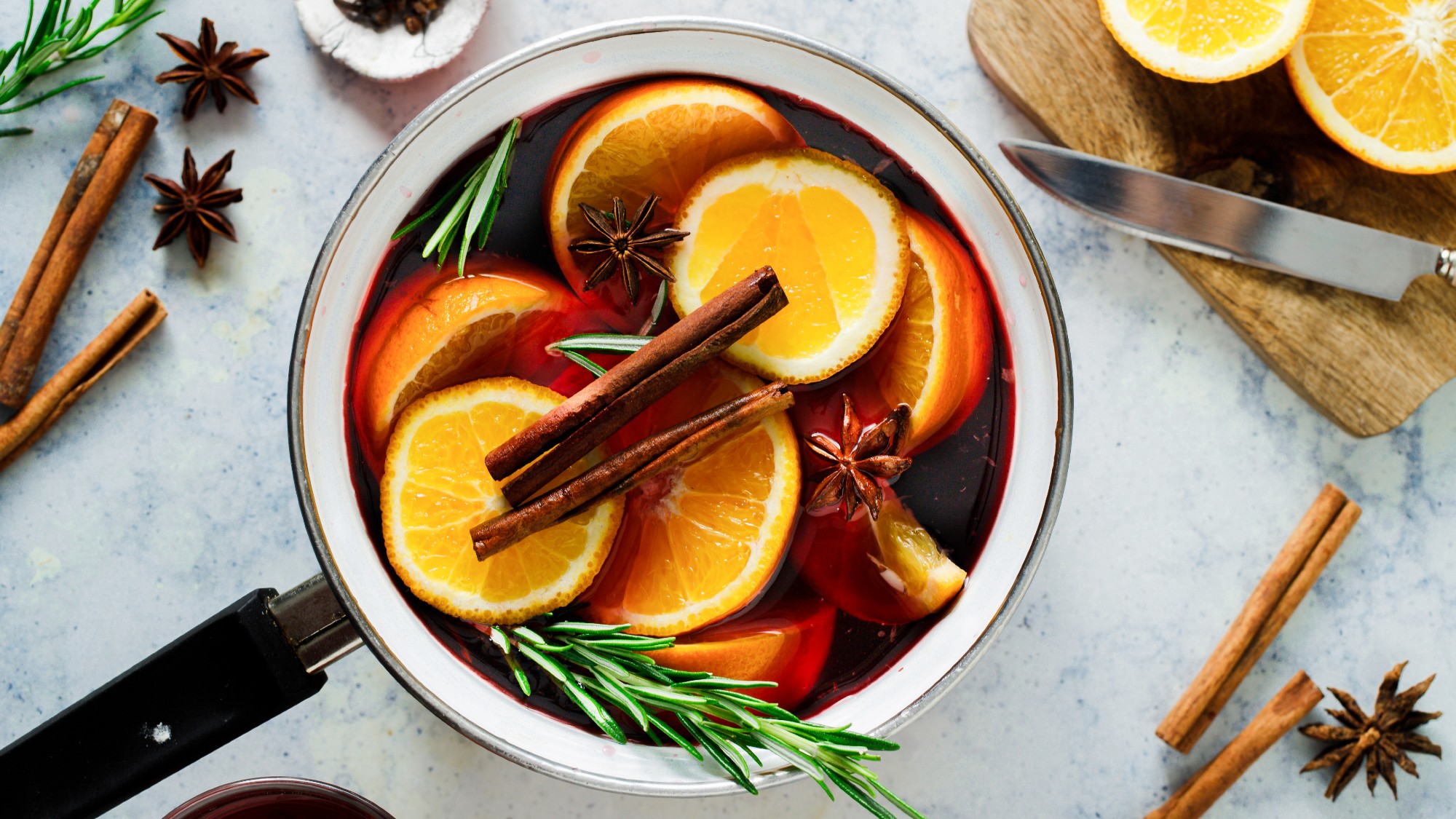 7 hot cocktails to warm you across all of winter
7 hot cocktails to warm you across all of winterthe week recommends Toddies, yes. But also booze-free atole and spiked hot chocolate.
-
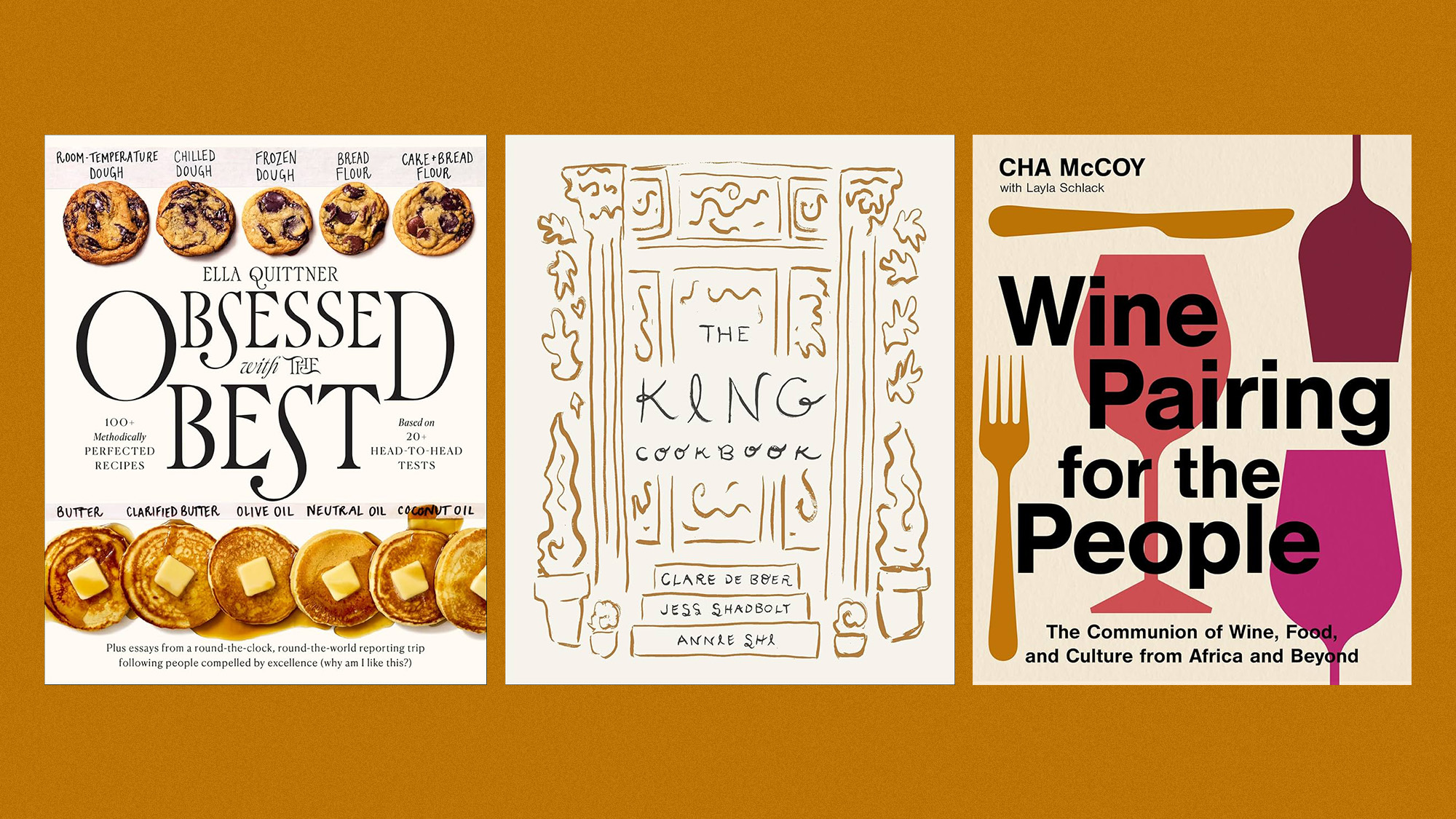 8 new cookbooks begging to be put to good winter use
8 new cookbooks begging to be put to good winter usethe week recommends Booze-free drinks, the magic versatility of breadcrumbs and Japanese one-pot cooking
-
 6 low-effort, highest-yield cocktails to make this fall
6 low-effort, highest-yield cocktails to make this fallThe Week Recommends Ready for your margarita to reach for the coconut?
-
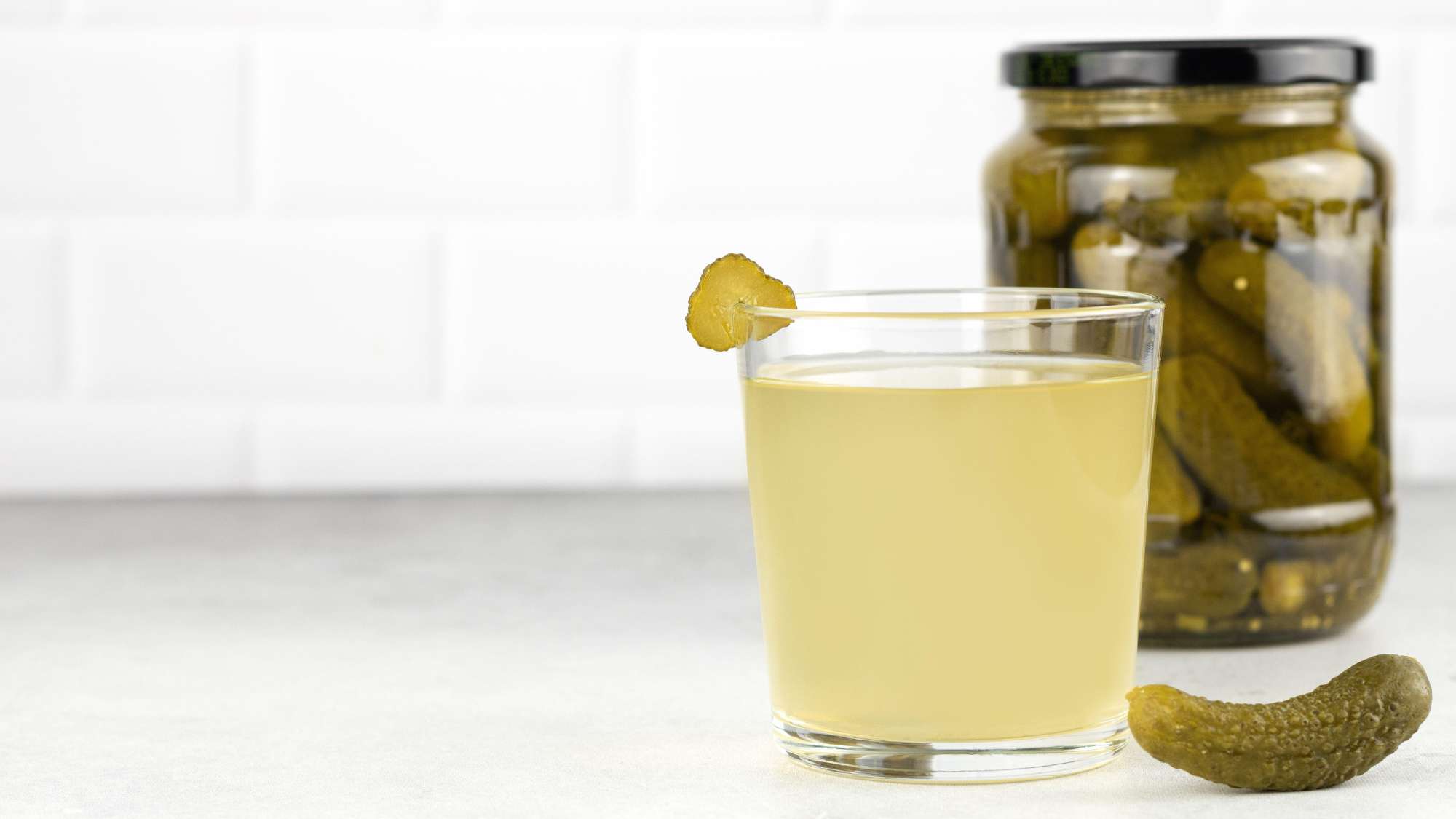 Pickle juice drinks that pack a punch
Pickle juice drinks that pack a punchThe Week Recommends Use leftover brine to make fresh lemonade and tangy margaritas
-
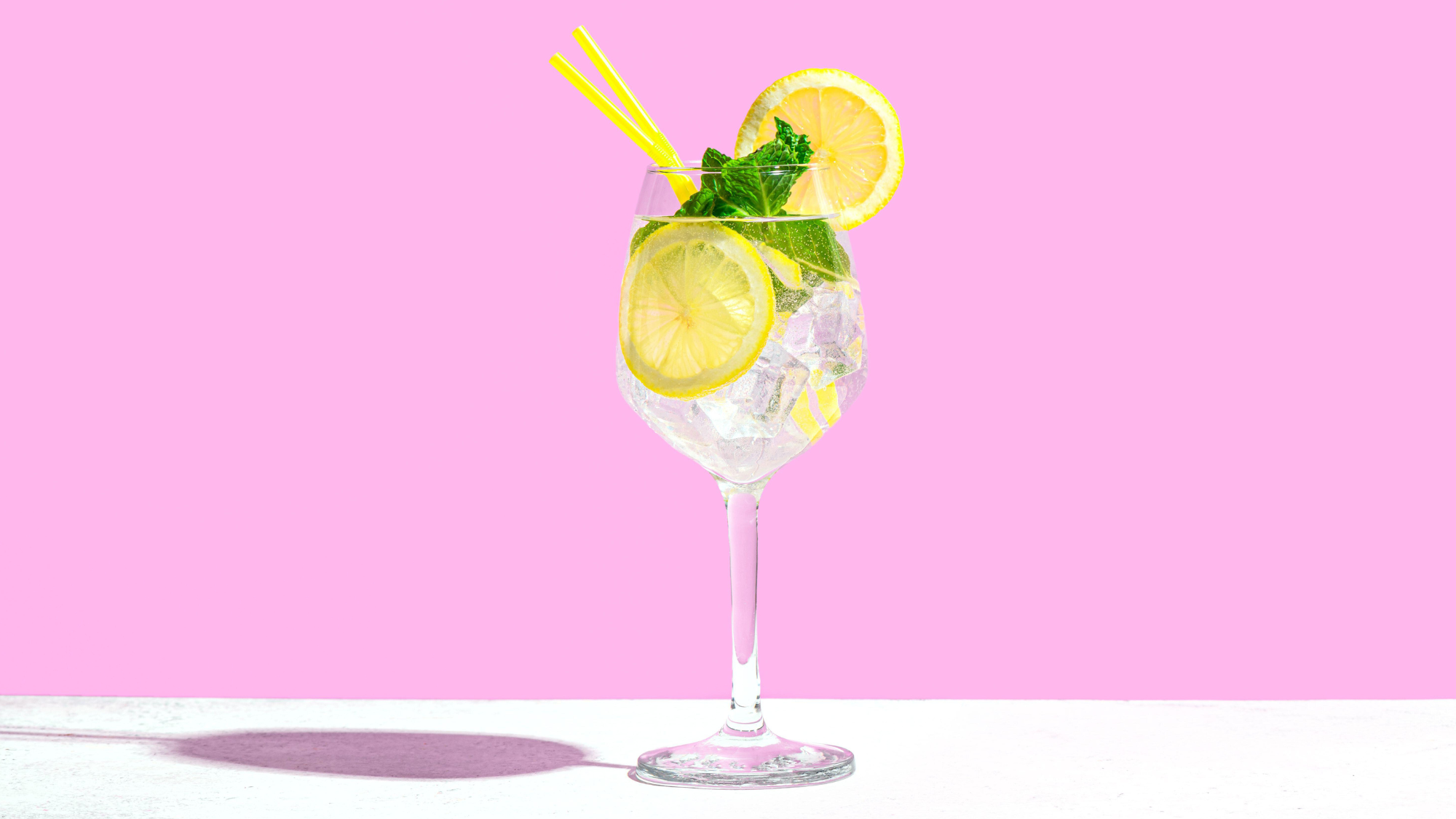 Cocktail of the summer: the Hugo spritz
Cocktail of the summer: the Hugo spritzThe Week Recommends The refreshing elderflower-based tipple is giving Aperol a run for its money
-
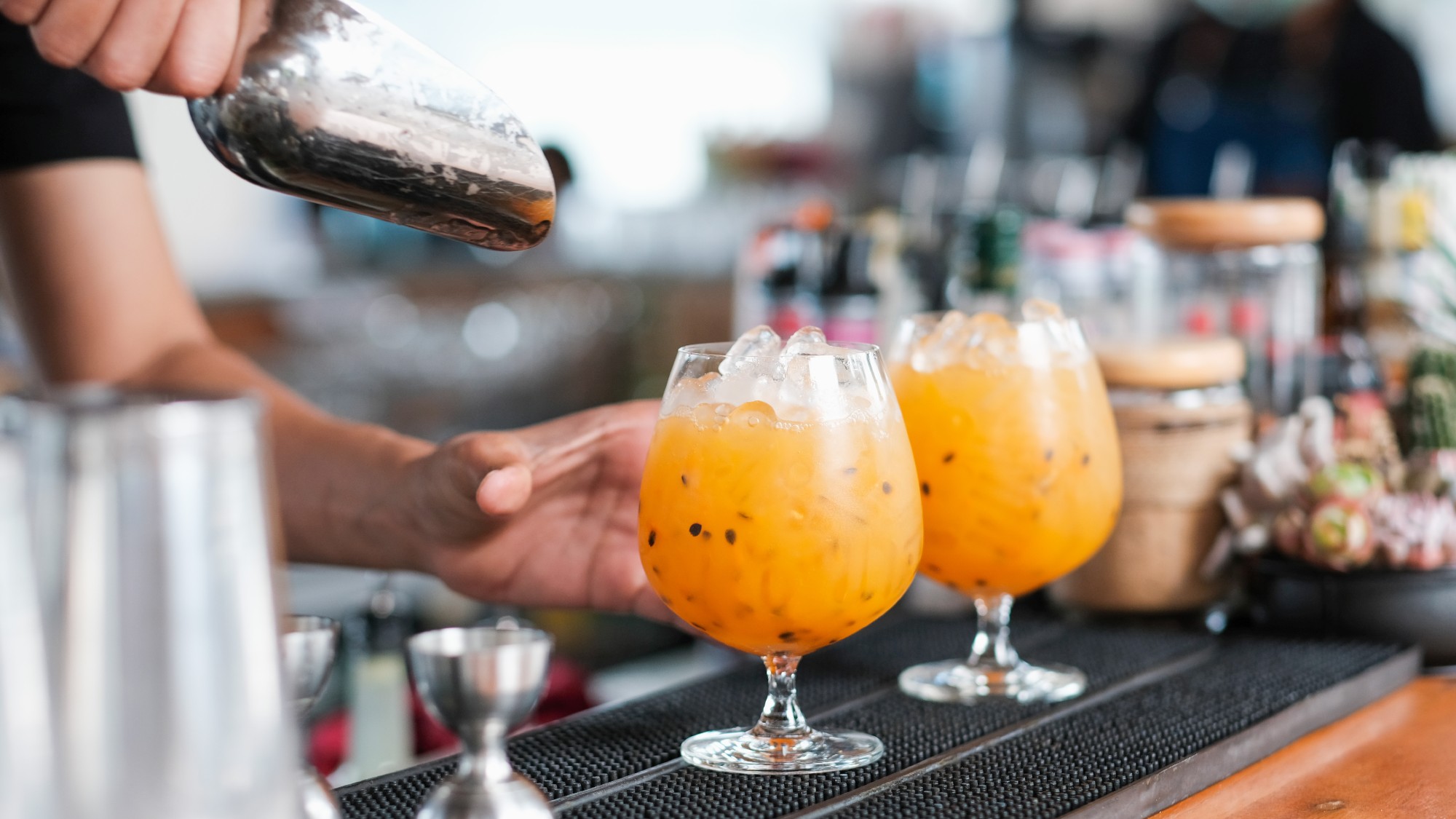 7 places across the country to experience the best of summer drinking
7 places across the country to experience the best of summer drinkingThe Week Recommends Stops include a Basque-inspired spot and a bar where the menu overhauls twice a year
-
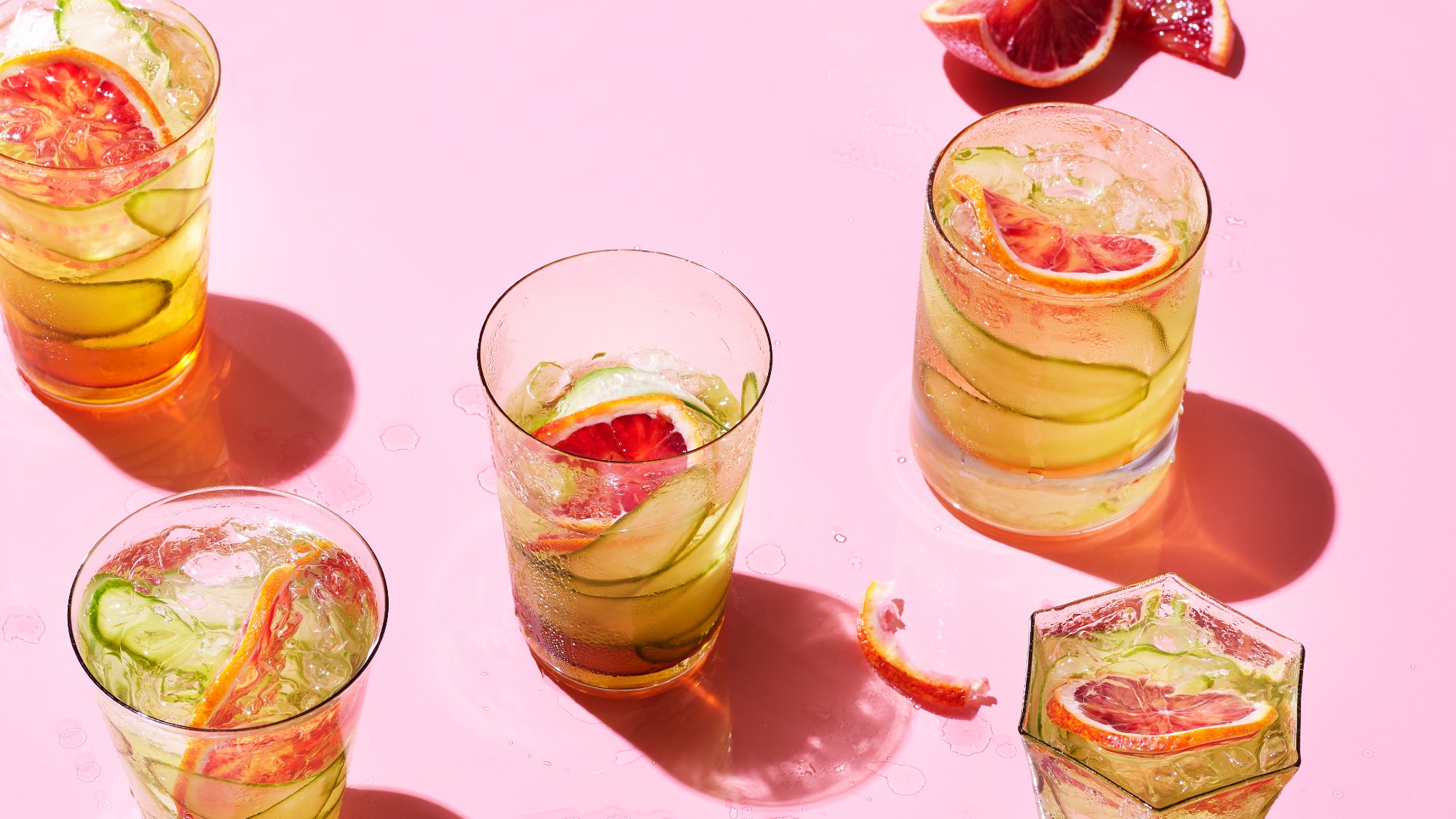 These 8 superb cocktails welcome summer with open arms
These 8 superb cocktails welcome summer with open armsThe Week Recommends Everything required to get you through warm — or sweltering — weather